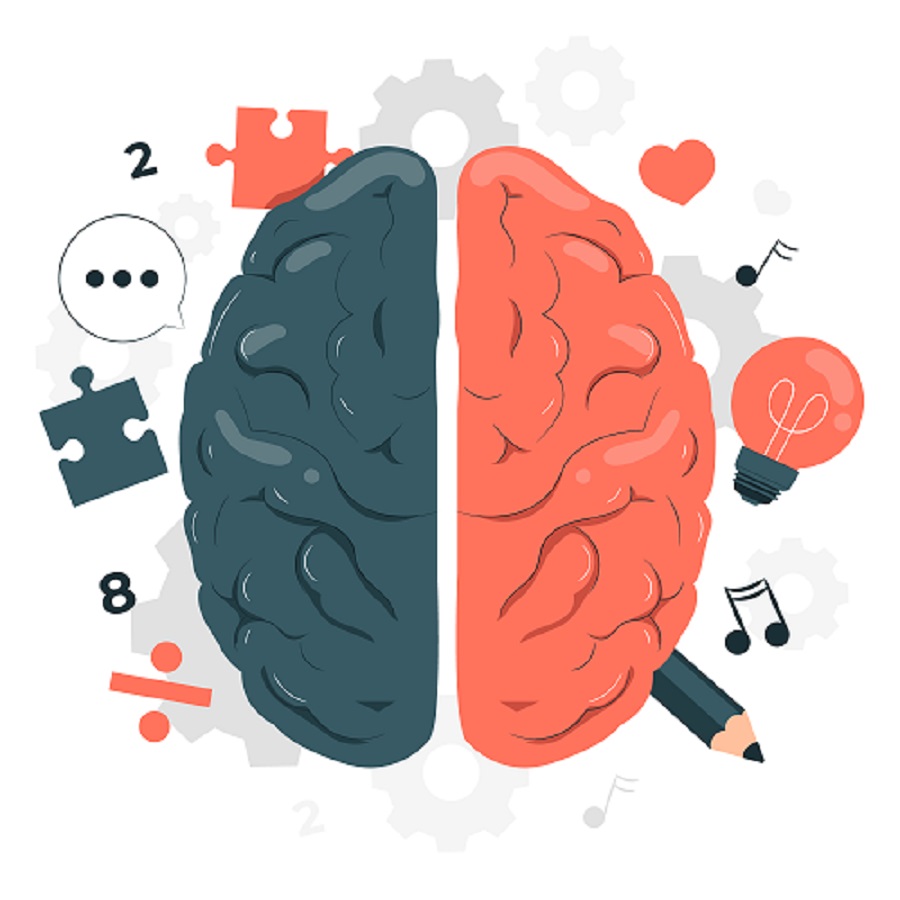In today’s fast-paced and competitive business environment, technical skills and expertise alone are no longer enough to succeed. Employers are increasingly recognizing the significance of emotional intelligence (EI) in the workplace. Emotional intelligence refers to an individual’s ability to understand and manage their own emotions, as well as effectively navigate and respond to the emotions of others. This article explores the importance of emotional intelligence and its impact on productivity, teamwork, and overall success in the workplace.
- Enhanced Communication and Collaboration: One of the key benefits of emotional intelligence in the workplace is improved communication and collaboration among team members. Those with high emotional intelligence can effectively express their thoughts and feelings, while also listening empathetically to others. This fosters an environment of open communication, trust, and respect, leading to stronger collaboration and problem-solving within teams.
- Effective Leadership: Leaders who possess emotional intelligence are better equipped to understand and respond to the needs and concerns of their team members. They are empathetic, approachable, and able to provide constructive feedback and support. Such leaders create a positive work culture that promotes employee engagement, motivation, and loyalty.
- Conflict Resolution: Workplace conflicts are inevitable, but individuals with high emotional intelligence can manage and resolve these conflicts more effectively. They can remain calm under pressure, understand different perspectives, and find mutually beneficial solutions. By addressing conflicts promptly and constructively, emotional intelligence helps maintain a harmonious and productive work environment.
- Adaptability and Resilience: Emotional intelligence enables individuals to adapt to change and bounce back from setbacks. In today’s rapidly evolving business landscape, the ability to embrace change and remain resilient is crucial. Employees with high EI can cope with stress, maintain a positive attitude, and seek solutions rather than dwelling on problems. This adaptability improves productivity and reduces the negative impact of stress on overall well-being.
- Customer Relations: Emotionally intelligent employees understand the importance of empathy and compassion when dealing with customers. They can read and respond to the emotions of customers, leading to better customer service experiences. By demonstrating empathy and resolving customer concerns effectively, emotionally intelligent employees contribute to increased customer satisfaction and loyalty.
In conclusion, emotional intelligence is a vital skill set that contributes to a positive and productive workplace. From improved communication and collaboration to effective leadership and conflict resolution, individuals with high emotional intelligence are better equipped to navigate the complexities of the modern workplace. Furthermore, emotional intelligence fosters adaptability, resilience, and strong customer relations. Employers who prioritize emotional intelligence and invest in developing this skill among their workforce will reap the benefits of increased productivity, employee satisfaction, and overall organizational success.




